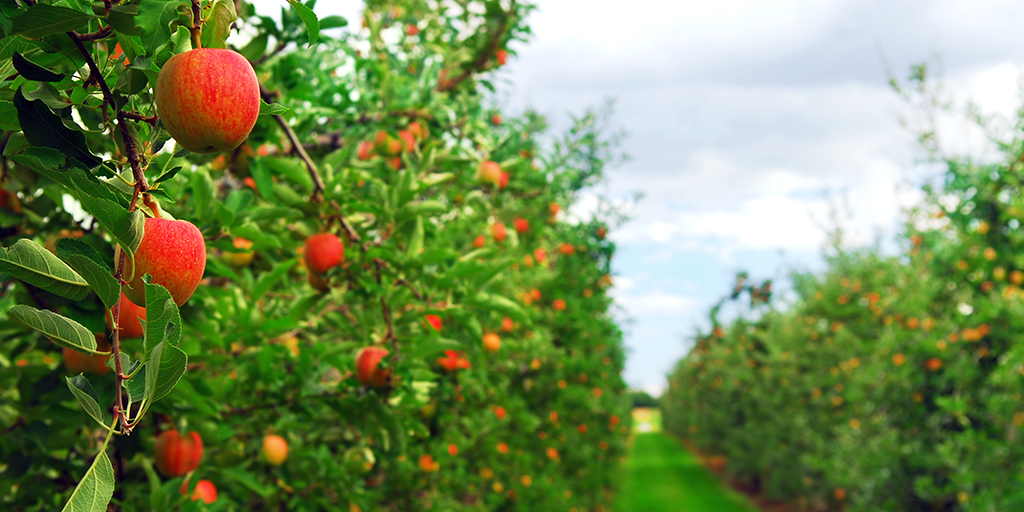
Self driving cars, facial recognition software, mobile cheque deposits, the way facebook knows to tag your friend Andrew in all your pictures of him without asking; a huge variety of technologies, even those we take for granted, employ state of the art technology in computer vision. In agriculture, the applications of computer vision are also growing fast. In part one of our series on computer vision in agtech, we’ll answer some basic questions about the nature of computer vision and discuss its applications in autonomous weeding, harvest and quality control.

In 2018, The Agricultural Improvement Act called for the removal of hemp, cannabis sativa with a THC level of 0.3%, from the schedule one classification to allow for easier agricultural production. Hemp is an extremely versatile crop that is used to make food, oils, animal feed and fibres/textiles.

One of the biggest issues plaguing the food industry today is food fraud, defined by the Canadian Food Inspection Agency as the “the misrepresentation or adulteration of a product for economic gain”. Food fraud exists across a huge variety of food markets, from fresh produce to processed food items, condiments, fish, and even spices.

Excitement about an apple product launch usually refers to the latest iPhone, but when the Cosmic Crisp apple variety was about to be released in 2019, there was a lot of buzz! The much publicized cosmic crisp is a great case study in how the apple market is changing, and what this means for apple growers.
Let our expert staff walk you through the Croptracker system, and answer any questions you have.
We are here to help.